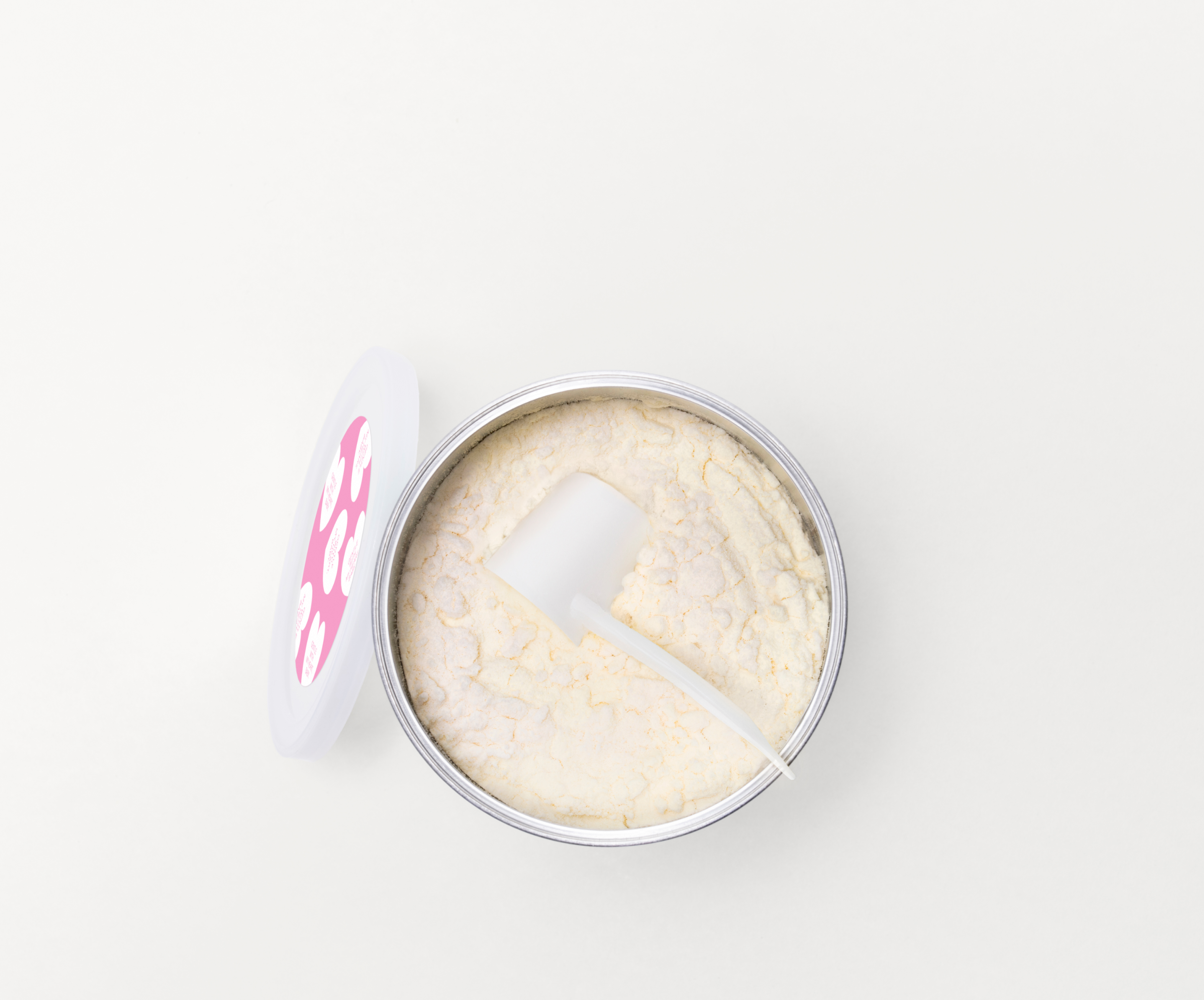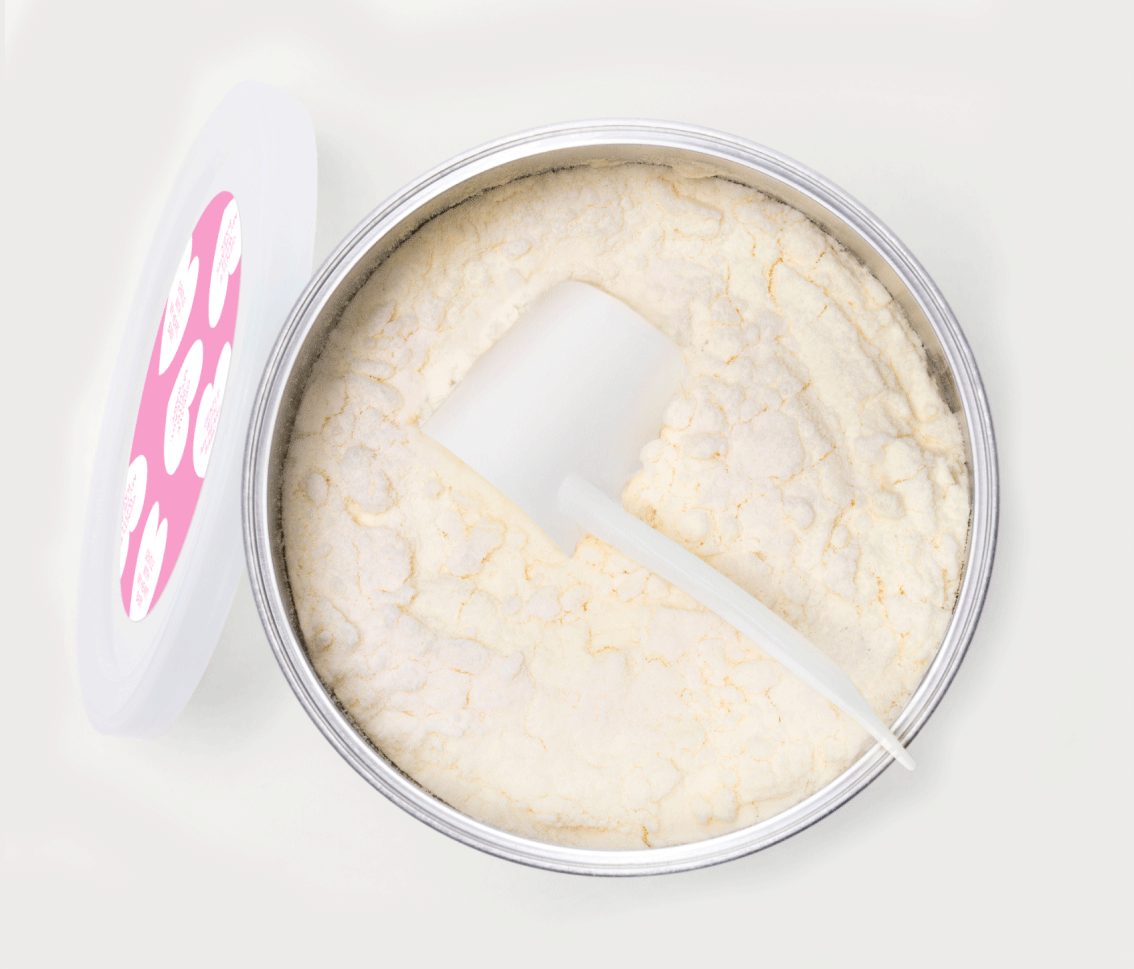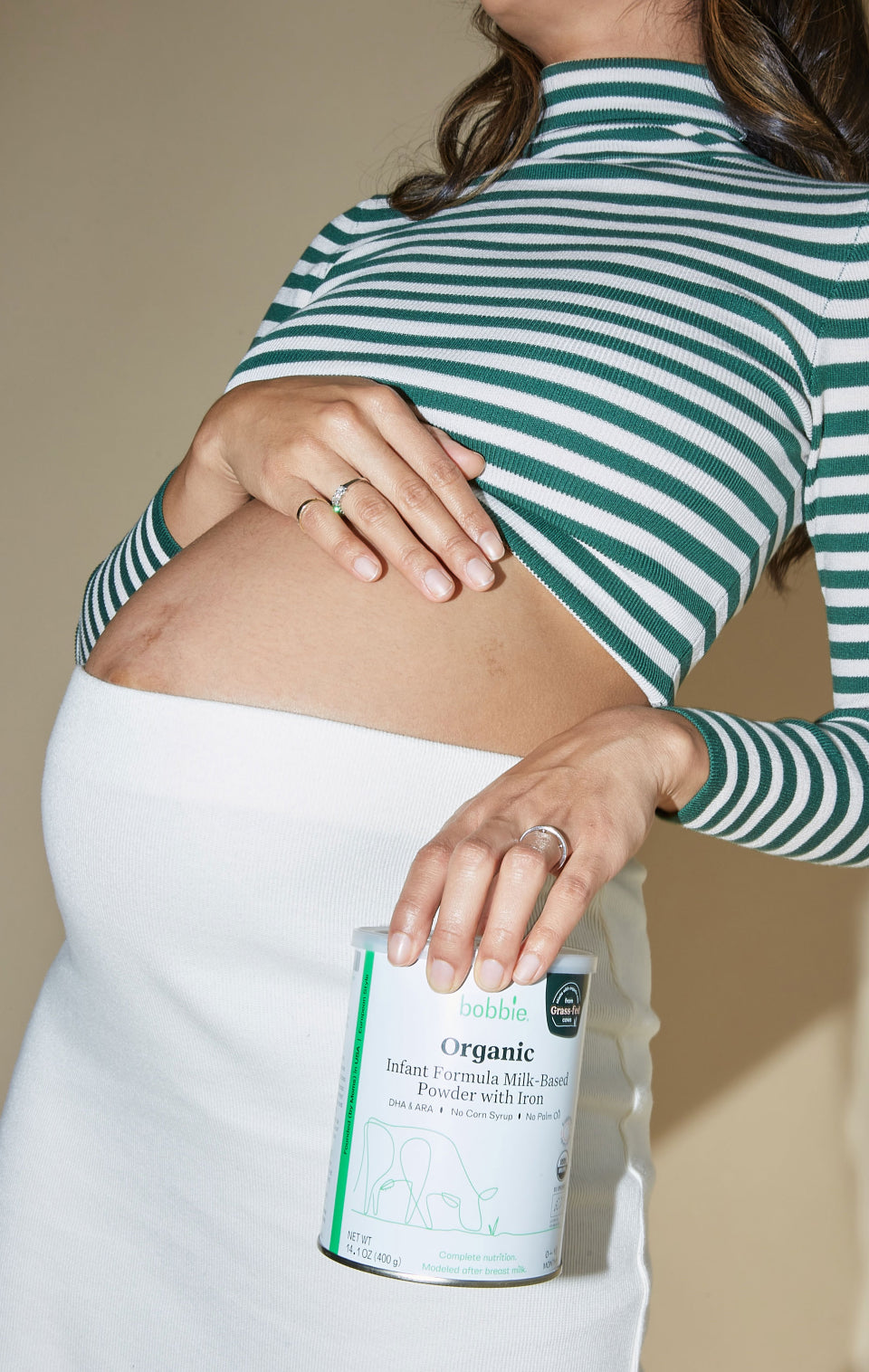

Organic Gentle Infant Formula
The closest gentle* formula to breastmilk, full stop.
Meet Bobbie Gentle, a first-of-its-kind infant formula made for sensitive tummies.
- USDA and EU Organic
- 100% lactose
- No soy or palm oil fat blend
- No corn syrup
A first-of-its kind formula
Eases fuss, gas and tears
Smaller, broken down proteins, like those found in breast milk are easier to digest, meaning less tears (for you both!).
Proudly USDA Organic
Contains no synthetic pesticides, antibiotics, glyphosates (Roundup) or added hormones— just organic, pure nutrition.
100% lactose, no alternative sugars
Lactose is the primary carbohydrate found in breast milk, so it should be the primary carbohydrate in your formula.
Get some Bobbie, baby!
WHERE TO FIND US
There is no comparison.
-
 Organic Gentle
Organic Gentle
-
 Gentlease
Gentlease
-
 Pro Total Comfort
Pro Total Comfort
USDA Organic
No pesticides, no antibiotics
EU Organic
100% partially hydrolyzed protein
For easier digestion
EU-Recommended DHA levels
For brain development
No soy allergens
No palm oil
No corn syrup or maltodextrin
Just what your baby needs—
and nothing they don't.
what’s inside bobbie organic gentle baby formula?

organic partially hydrolyzed whey protein
Crafted with smaller, broken-down milk proteins that are closer in size to those found in breast milk for easier digestion.
100% Organic lactose
Our formula is made with lactose, the primary carbohydrate source in breast milk.
Vitamin d
75 IU of Vitamin D per serving provides support for healthy bones and teeth.

Organic fat blend
Our expeller-pressed, plant-based oils provide the fatty acids your baby needs without GMOs, pesticide residues, or inorganic chemical solvents.
DHA
Our 20 mg / 100 kcal of DHA sets us apart from other formulas and lays a strong foundation for brain development.
Iron
We base our iron serving of 1.2 mg on European standards to support the production of red blood cells, muscle cells and metabolism.


Organic Gentle Baby Formula FAQs
- Wash your hands, bottles, and accessories in hot, soapy water before making formula.
- Add warm water (100ºF) to the bottle.
- For every 2 fl. oz. of water, add one unpacked, level scoop of Bobbie. Level the scoop by tapping it on the side of the can to knock off the excess powder, or use a clean knife to scrape off the extra powder.
- Add the scoop back to the can and cover your can of Bobbie with its lid!
- Cap the bottle and shake gently until the powder is completely dissolved.
- Use prepared infant formula within 2 hours of preparing it. Once feeding starts, throw away any formula your baby does not finish within 1 hour. Don’t refrigerate leftover formula to save it for later.
Learn more about preparing your formula with tap water here.
One can of Bobbie makes approximately 23 four ounce bottles of formula. How quickly you go through a can will depend on your baby’s eating habits and needs!
You can store a freshly prepared and untouched bottle of Bobbie at room temperature for up to 2 hours or in the refrigerator for up to 24 hours. Once feeding has begun, discard the bottle after 1 hour. Don’t refrigerate leftover formula to save it for later.
Learn more about baby formula preparation here.
We keep the recipe simple and nutritionally complete with what your baby needs to thrive—carbohydrates, fats, broken down whey proteins, and vitamins and minerals. The main difference between Organic Gentle and our other formulas is partially hydrolyzed protein. Hydrolysis breaks down whey proteins into smaller pieces, which makes them easier to digest. Organic Gentle is an option for healthy babies experiencing fussiness, gas, and crying.
Gas is very common in infants due to their brand new digestive systems—regardless of what they eat! Switching to a formula with partially-hydrolyzed (broken down) milk proteins, like Bobbie Organic Gentle, may help, in addition to using common strategies like tummy massage and pediatrician-approved OTC remedies.
A probiotic supplement, like Bobbie Organic Probiotic Drops, may help reduce crying time and crying frequency in gassy babies.
Many babies have no problem switching to a new formula, while others experience digestive changes during the transition period. Keep in mind that it can take babies around one week to fully adapt to a new formula. Things like fussiness, poop schedule, the color of poops, grunts, or spit-up might be noticeably different until your baby fully adjusts.
You know your baby best—when in doubt, we always recommend reaching out to your pediatrician to discuss.
Not sure which formula to choose? Try our baby formula quiz!
Learn more about how to choose a baby formula, here.










